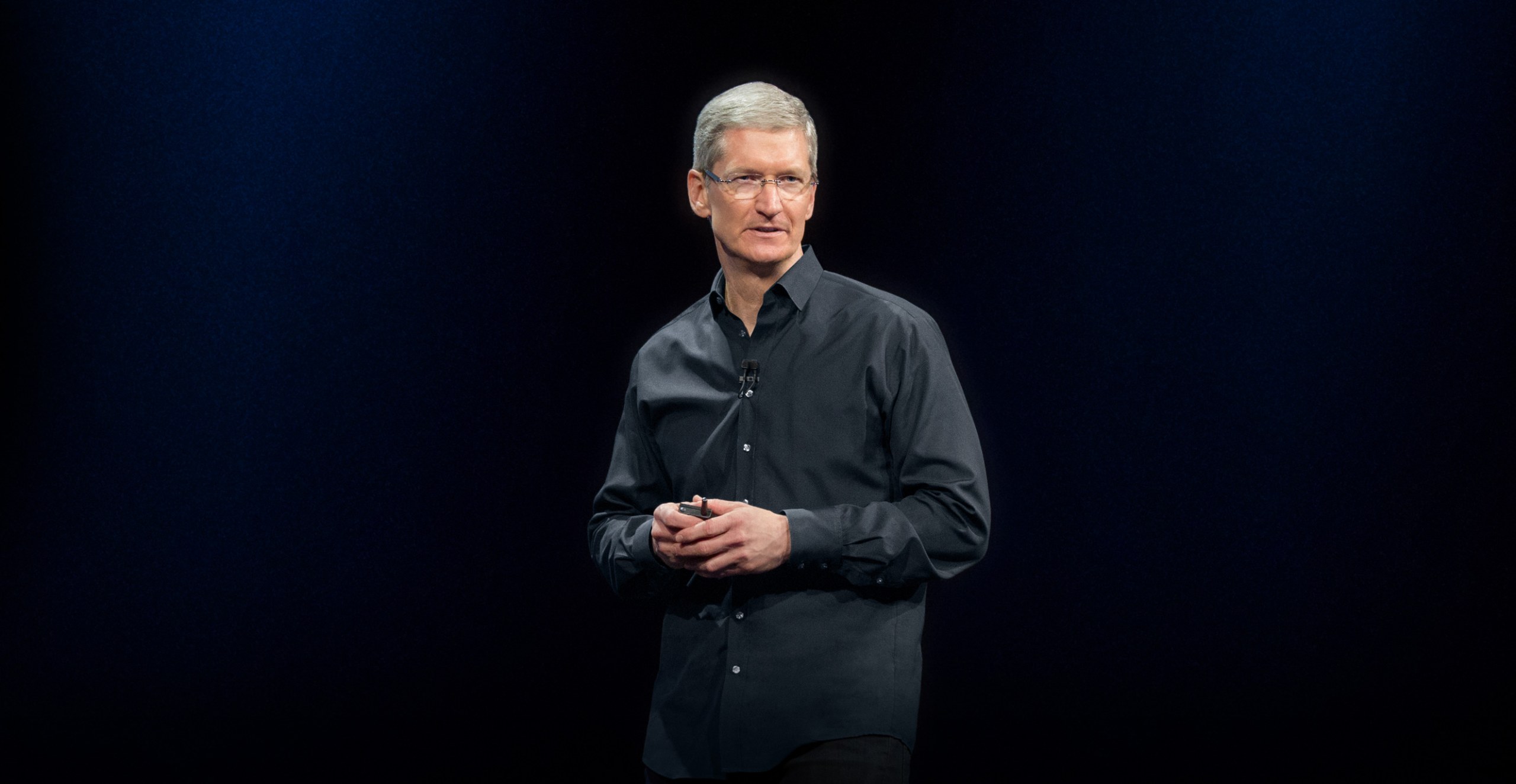Why it matters: At a privacy conference in front of the European Parliament in Brussels, Tim Cook gave a keynote calling out the ethics of Big Data companies and those that supply them with the personal information of their customer. He also called for regulations and laws similar to the GDPR in the US and the rest of the world.
Apple has long held the position "the customer is not our product." This means that Apple is not looking to collect user information and sell it to the highest bidder like some other companies. It is part of the reason its products command high premiums --- iPhone sales are not being partially subsidized by Big Data firms wanting your information.
During a speech at a privacy conference in Brussels, Apple CEO Tim Cook said that personal information is being "weaponized against us with military efficiency [creating a] data-industrial complex."
"Platforms and algorithms that promised to improve our lives can actually magnify our worst human tendencies. Rogue actors and even governments have taken advantage of user trust to deepen divisions, incite violence, and even undermine our shared sense of what is true and what is false. This crisis is real. It is not imagined, or exaggerated, or crazy."
Cook was careful to not call anyone out specifically, but recent news of political ad targeting and the Cambridge Analytica scandal brought at least a couple names to mind.
The Apple boss also applauded Europe for its recent implementation of the GDPR privacy regulations. "It is time for the rest of the world ... to follow [Europe's] lead," said Cook. "We at Apple are in full support of comprehensive federal privacy laws in the United States."
Cook believes that lawmakers should come up with laws governing privacy as a fundamental human right. He listed four rights of concern: "the right to have personal data minimized; the right for users to know what data is collected on them; the right to access that data; and the right for that data to be kept securely."
These do not seem like unreasonable requests, but Big Data proponents argue that too much regulation stifles innovation --- as if allowing consumers to have their privacy is going to keep them from coming up with ideas. This notion is hogwash at best. However, Cook thinks it is worse than that.
"This notion isn't just wrong, it's destructive," he said. "Technology's potential is and always must be rooted in the faith people have in it."
